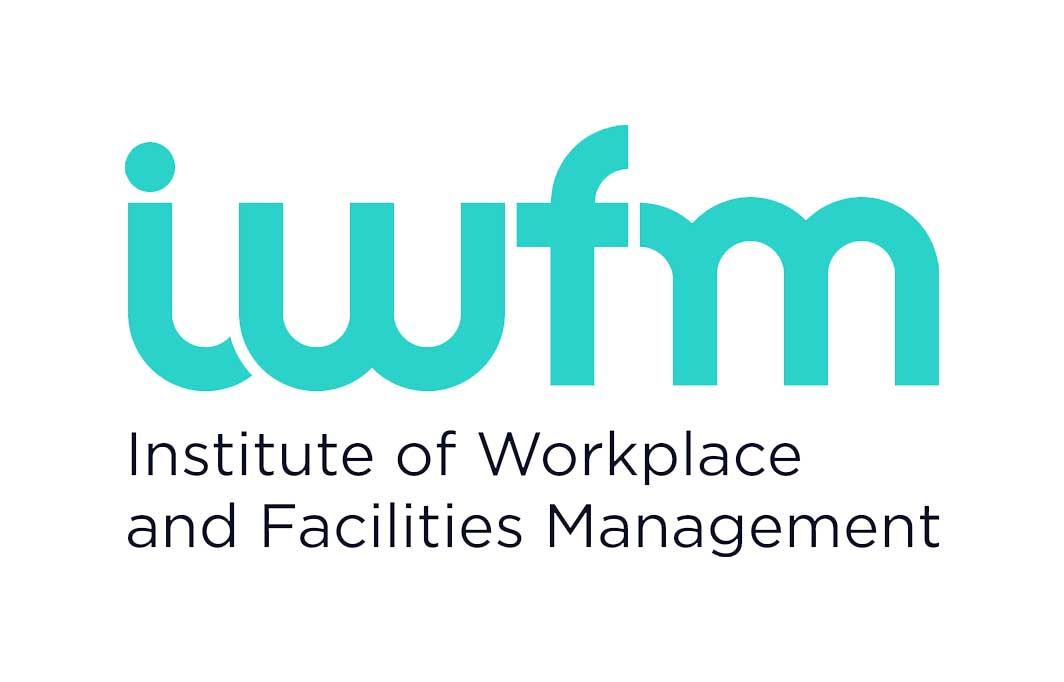Where did the year go?
News
- Opinion
07 August 2025

IWFM’s Head of Policy and Insight, Andrew Gladstone-Heighton on what’s shaping up to be a busy Autumn
It's hard to believe that it’s August already. I’m sure Kier Starmer’s government feel the same way.
The summer recess marks the end of the first full Parliament of the government, and there have been many policy announcements, strategies and fiscal statements in that period.
This has been set against a roller coaster of international tariffs, the increasing embedding of machine learning, all taking place in the climate (pun intended) of what is recognised as the warmest and sunniest spring on record.
So how does all this relate to workplace and facilities management? We have seen measures take effect in April to increase employer NI contributions, which has been particularly challenging for SMEs. Minimum wages have also increased, which is a positive step for some workers, but both these measures have the consequence of freezing recruitment and impacting employment for those minimum and low-wage jobs.
The employment rights bill (currently in its third and final debate in the House of Lords) will also impact businesses with day-one employment rights rolled out to all employees, and the consultation of probation periods for new hires.
The government also set out its landmark Infrastructure Strategy and its Industrial Strategy – growth plans across eight sectors where the government believes there is potential for faster growth.
In the Professional and Business Services (PBS) Sector Plan, we saw measures looking at smart data adoption, starting in the property sector. We also saw measures to monitor skills vacancies and to drive up employer engagement in training. The government also set out its aims to make more capital available through the British Business Bank (BBB), and to push exports of PBS globally.
On the economic scene, we’re still feeling the aftershocks of the Unites States’ seismic shift in international trade. While the UK and the European Union has secured trade deals of one form or another, my concerns are around our supply chains (particularly for the semiconductors and microprocessors that most of our equipment relies on). The lag in the impact of these tectonic shifts on our pocketbooks will be felt far beyond the ‘liberation day’ announcements, and for years to come.
The UK government has been very clear in its own approach to finances, with its Fiscal Rules setting clear limits on public investment and spending on wider departmental budgets. This leaves the Chancellor little room to effect meaningful change, especially against the shockwaves rolling across the globe. The key takeaways are the increase in defence spending and the exploration of public/private funding models to drive capital investment.
What can we expect from the Autumn?
After the summer recess, we’re into Party Conference season. This will be a showcase for each of the parties in parliament to set out their vision for the country. Then we have the rather auspiciously timed Autumn budget at some point around Halloween or early November.
Taking all of the above into consideration, we will be asking government to invest in low carbon energy production and distribution, take action on addressing immediate and long term skills shortages and drive investment in climate resilience and retrofit.
-
To meet net zero targets, we need greater investment in renewable and new nuclear power generation and distribution, alongside long-term stability on energy prices. This will allow our sector to decarbonise business and create efficiencies within the business we serve.
-
Reskilling and upskilling will be vital in the coming months and years, as the skills shortage becomes more acute, PFI hand back begins and demands on workplace and facilities management teams continues to increase.
-
Recent cuts to funding of Level 7 apprenticeships are a retrograde step; we need public funding available to support learners of all ages to progress through their careers. Any Adult Skills funding should be flexible enough to support those looking to transition into workplace and facilities management from other sectors through modular programmes or full qualification delivery. To plug immediate skills gaps, HM Treasury should work closely with the Home Office to open sensible migration routes in areas of acute skills shortage.
-
A recent survey of our members has highlighted that levels of climate scenario analysis are a little higher among FM service providers and those working in central government but, overall, the use of scenario analysis is modest among organisations. This highlights a lack of awareness and investment in climate resilience. Our research has shown little alignment between likely climate risks and perceived risks and assessments. Government as a priority should roll out funding for climate resilience measures across the public estate, alongside a rolling programme of retrofitting commercial buildings.
We will be surveying our members in the autumn and this insight – alongside our recent Market Outlook and forthcoming Sustainability report will provide a powerful evidence base with which we can make the case for facilities management as the facilitators of growth across the economy.
We are making a difference to the businesses we serve, to equip them for the turbulent times we live in. Resilience in all aspects – professional, and in the face of climate change – is what is needed to meet the challenges of the remainder of this Parliament, no matter how long that may be.
